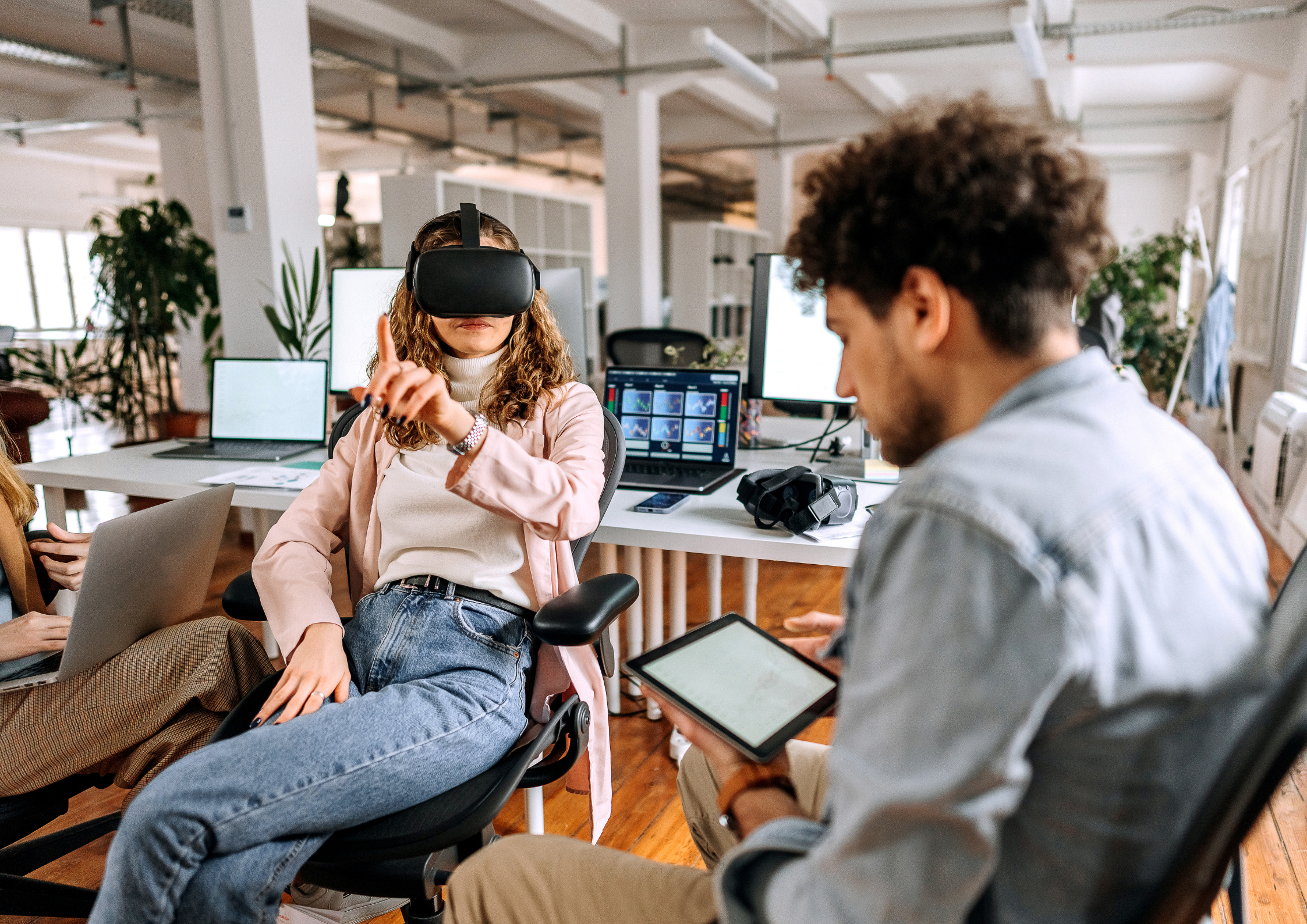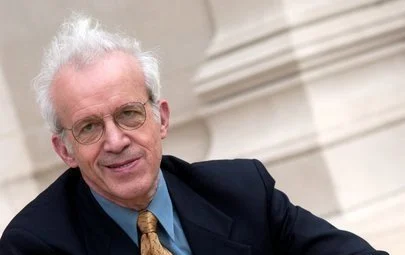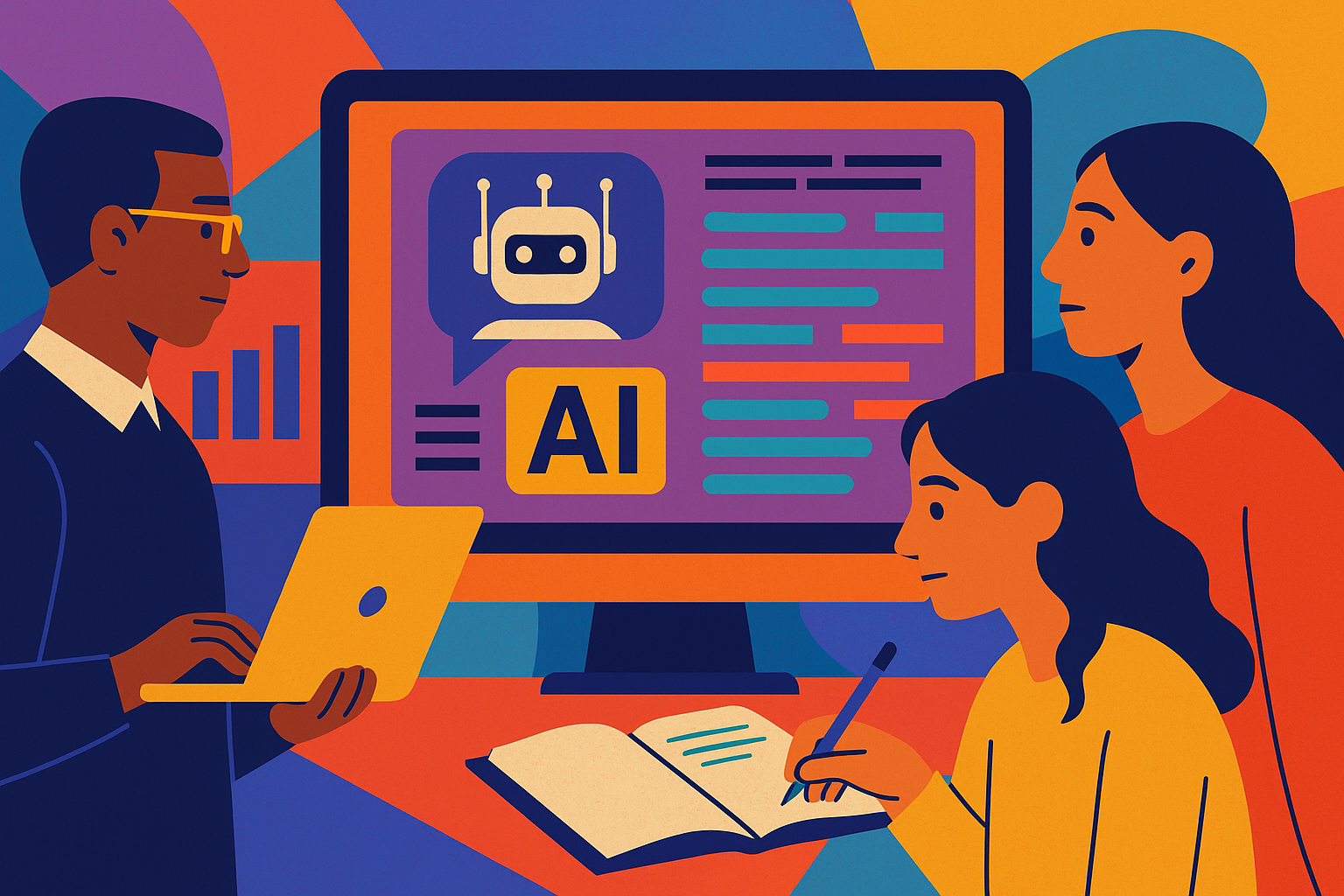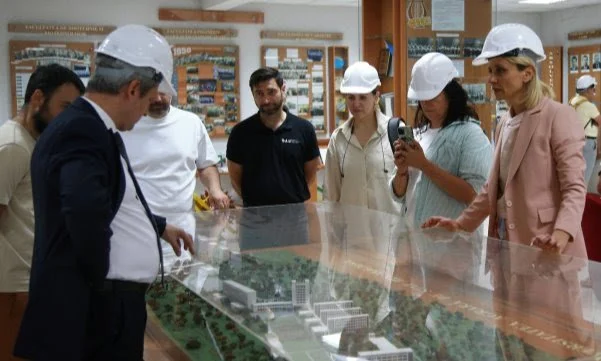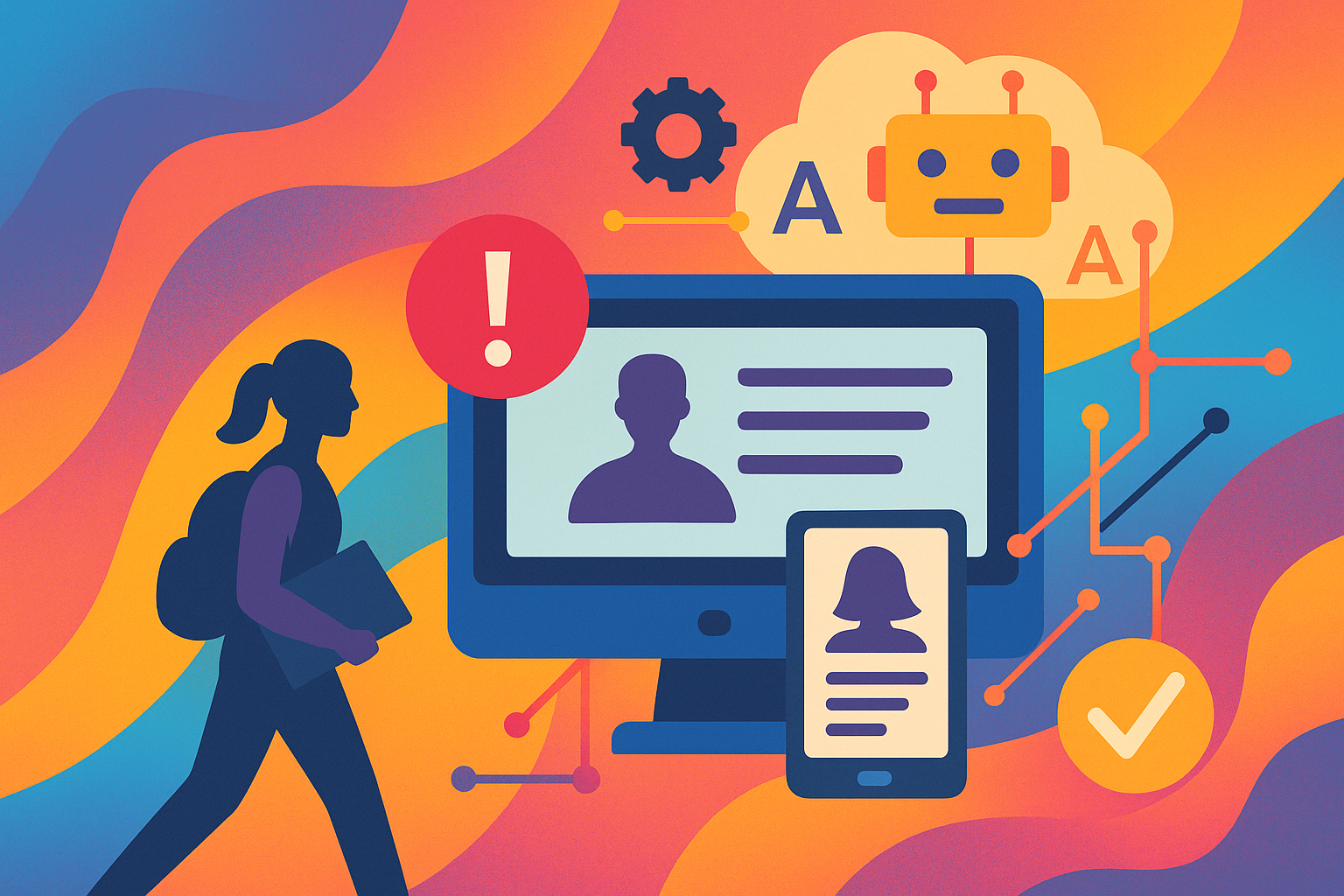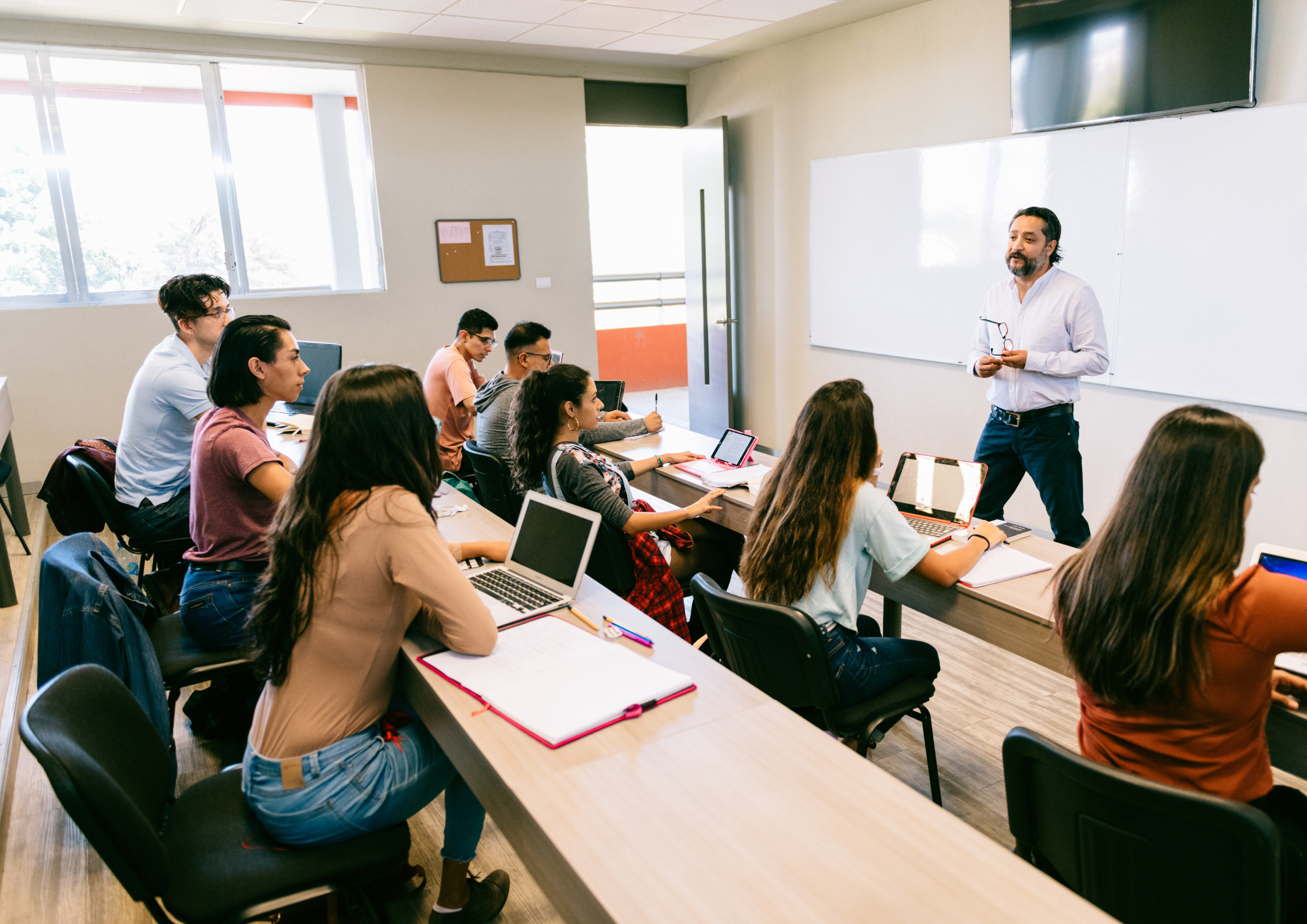Lexia introduces LETRS Connect to extend science of reading training for educators
New digital platform provides ongoing professional development with expert-led sessions and research-based tools for LETRS graduates.
Lexia, a Cambium Learning Group brand specializing in literacy education, has launched LETRS Connect, a digital platform designed to support educators who have completed the Lexia LETRS Professional Learning course.
The platform focuses on extending knowledge of the science of reading with resources that build on previous training.
Sustaining learning beyond LETRS
LETRS Connect offers graduates continued access to their completed course alongside new research, instructional practices, and tools that can be applied in the classroom. According to Lexia, the platform responds to feedback from educators who requested opportunities to maintain and deepen their understanding after initial training.
Nick Gaehde, president of Lexia, says, “LETRS graduates expressed a desire for ongoing learning opportunities that would help them sustain and cultivate their knowledge and practice. With the research-based professional learning resources we’ve made available through LETRS Connect, educators can take the next step in their LETRS learning journey.”
What the platform includes
The platform includes a range of resources designed to support continued professional learning. Educators can access a library of expert-led sessions with built-in opportunities for reflection, checks for understanding, and proof of completion certificates.
A resource library offers modeling videos, downloadable classroom materials, and tools such as graphic organizers and structured routines. Live online events connect educators with practitioners, subject matter experts, and researchers to explore current topics and instructional approaches.
Frank Lukasik, director of literacy and funded programs for East Meadow Schools in New York, notes the value of ongoing access. “The biggest thing about LETRS Connect for me is that it gives users the opportunity to continue learning and to also ask questions,” Lukasik says. “We don’t always think of the questions that we need to ask at the moment of learning. Having time to process, reflect, see principles in action, and asking those questions is so important.”
Lexia emphasizes that professional development has greater impact when it continues over time. Gaehde says, “Research indicates that effective professional development is most impactful when it is sustained over time. We expect that making professional development an ongoing experience for LETRS graduates will yield even more benefits for their students’ performance and the health of their educational systems.”










